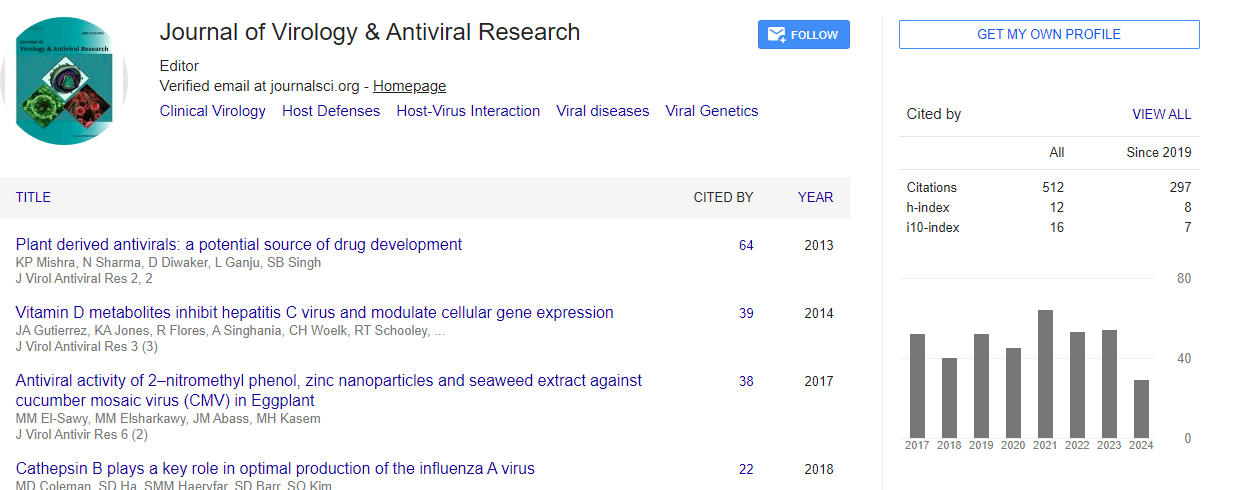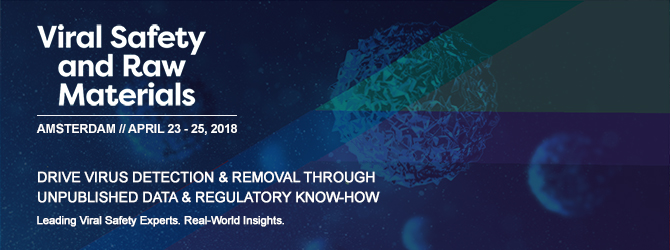Magnesium as potential regulator of cellular circuitry governing drug resistance and virulence in human fungal pathogen Candida albicans
Saif Hameed
Amity University Haryana, India
: J Virol Antivir Res
Abstract
The debacle of invasive fungal infection diagnosis and treatment has become still more challenging with the evolution of multidrug resistance (MDR). The failure of current antifungal drug regime compels to develop novel strategies which could be more effective against most prevalent human fungal pathogen, Candida albicans. The ability of C. albicans, to sense and adapt to changes in the host environment is essential for their survival and confers the basis of their success as dreadful pathogen. One such significant environmental factor that C. albicans must surmount is magnesium (Mg) limitation. Sequestering the nutrient supply to the invading fungal pathogen could be a potential strategy as C. albicans has to struggle for the limited amount of micronutrients present in the hostile niche. In this study we deciphered the effect of Mg deprivation on the drug resistance and virulence of C. albicans. We found that Mg chelation leads to enhanced drug susceptibility of most common antifungal drug (azole). To gain insights into the possible mechanisms involved, we explored the role of Mg on membrane homeostasis. We found remarkable differences in ergosterol levels and fluorescence microscopy images of propidium iodide intake confirm the fact that Mg deprivation causes membrane perturbation. Moreover, Mg deprivation also leads to disrupted pH homeostasis and showed enhanced cell sedimentation rate. Next we tested the genotoxicity under Mg deprivation and observed enhanced DNA damage as revealed by DAPI staining confirming indispensability of Mg to sustain genotoxic stress. Furthermore, Mg deprivation inhibited potential virulence traits including morphological transition, biofilm formation and displayed diminished capacity of C. albicans to adhere both to the polystyrene surface and buccal epithelial cells. Together, considering the hindered growth of C. albicans in Mg deficient environment, approaches could be utilized to boost the effectiveness of existing antifungal drugs and thereby improving the management of fungal infections.
Biography
Saif Hameed is currently working as an Assistant Professor in Amity Institute of Biotechnology at Amity University Haryana, Gurgaon, India, since 2012. He has completed his Bachelors and Masters from University of Delhi and Hamdard University, New Delhi, respectively. He has completed his Doctoral studies in Life Sciences from Jawaharlal Nehru University, New Delhi. He is expert in the field of multidrug resistance (MDR) in pathogenic fungi with 12 years of experience. He is a Member of International Society of Infectious Diseases (ISID), successfully convened five conferences as Organizing Secretary and edited one biotechnology book along with many research papers to his credit in international journals of repute.
 Spanish
Spanish  Chinese
Chinese  Russian
Russian  German
German  French
French  Japanese
Japanese  Portuguese
Portuguese  Hindi
Hindi 

